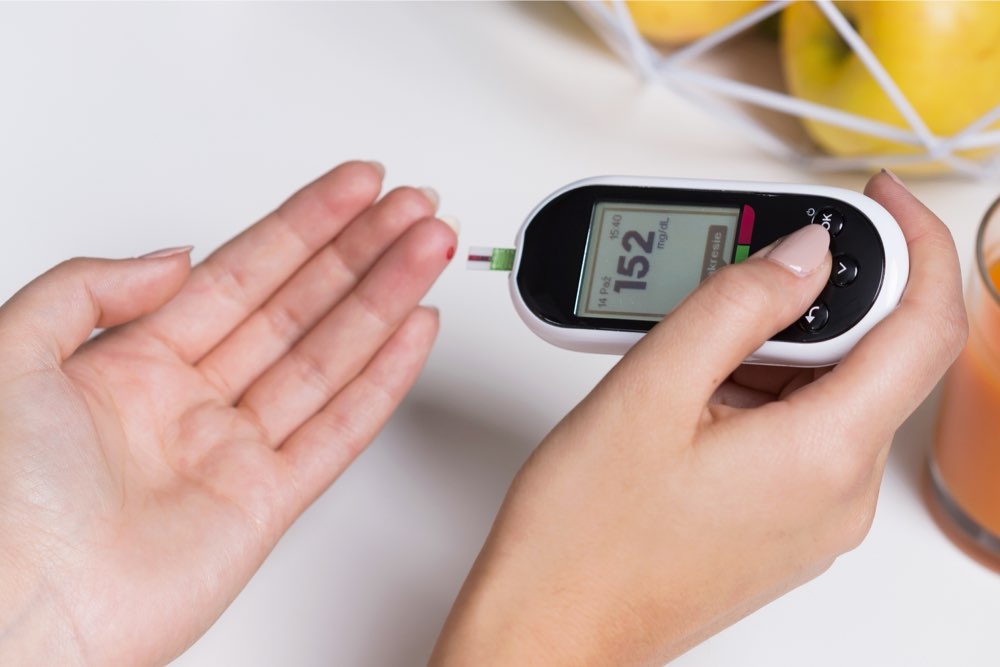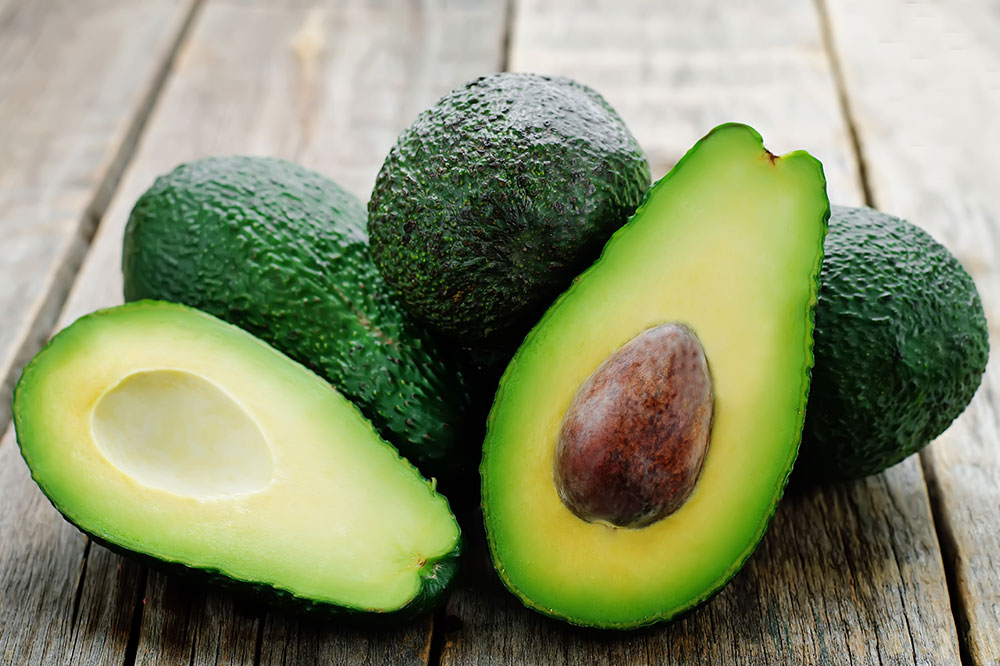Effective Dietary Strategies: Top 3 Foods to Help Regulate Blood Sugar Levels and Support Diabetes Management
Discover the top three foods—cruciferous vegetables, berries, and oats—that can help regulate blood sugar levels effectively. Learn how to incorporate these nutrient-rich foods into your diet to support insulin sensitivity and prevent diabetes. This comprehensive guide emphasizes healthy eating habits, lifestyle tips, and scientific insights to promote metabolic health and overall wellness for individuals at risk or managing diabetes.

Effective Dietary Strategies: Top 3 Foods to Help Regulate Blood Sugar Levels and Support Diabetes Management
In today's health-conscious society, managing blood sugar levels has become an essential aspect of maintaining overall wellness, especially for individuals living with or at risk of diabetes. According to the International Diabetes Federation's 2021 global statistics, hundreds of millions of adults worldwide are affected by diabetes, many of whom remain undiagnosed. Proper nutrition, combined with a healthy lifestyle, plays a pivotal role in controlling blood glucose levels and preventing complications associated with the condition. One of the most effective approaches is incorporating specific foods into your diet that actively promote better blood sugar regulation and enhance insulin sensitivity.
Understanding which foods support blood sugar stability can empower individuals to make healthier choices and develop sustainable dietary habits. Here, we explore three highly recommended foods backed by scientific research that can aid in reducing blood sugar levels, supporting insulin response, and contributing to overall metabolic health.
Key Foods That Support Blood Sugar Control and How to Incorporate Them
Cruciferous Vegetables
Cruciferous vegetables like broccoli, cauliflower, Brussels sprouts, and kale are renowned for their rich nutrient profile and health-promoting properties. Among these, broccoli stands out for its potential to lower blood glucose and improve insulin responsiveness. The compound sulforaphane present in broccoli has been shown to activate antioxidant pathways, reduce inflammation, and enhance insulin sensitivity, all of which are crucial for blood sugar regulation.
Integrating broccoli into your diet can be simple. Enjoy it raw in salads for maximum nutrient retention, lightly steam it to preserve beneficial compounds, or incorporate it into stir-fries and soups. Pairing broccoli with lean proteins such as chicken, fish, or tofu not only creates a balanced meal but also aids in stabilizing blood sugar levels throughout the day. Regular consumption of cruciferous vegetables is associated with a decreased risk of developing type 2 diabetes and can be a potent part of any preventive nutrition plan.
Berries
Berries, including strawberries, blueberries, raspberries, and cranberries, are power-packed with antioxidants, fiber, and vital phytochemicals that combat oxidative stress—a key factor in insulin resistance and high blood sugar. These fruits help moderate post-meal glucose spikes and promote improved insulin sensitivity, making them essential allies in glycemic management.
Enjoy berries fresh on their own, add them to yogurt, oatmeal, or smoothies, or incorporate them into healthy desserts. Scientific studies have indicated that consuming at least two cups of berries daily can significantly reduce fasting blood glucose levels and improve overall metabolic health, particularly in individuals predisposed to prediabetes or type 2 diabetes. The natural sweetness of berries also makes them a flavorful alternative to processed snacks and sugary treats.
Oats and Oat Bran
Oats are a staple whole grain rich in beta-glucan fiber, which has profound effects on blood sugar control. Beta-glucan slows carbohydrate absorption in the gut, leading to a gradual rise in blood glucose levels and a more balanced insulin response. This fiber also enhances satiety, helping curb mid-morning or mid-afternoon cravings and reducing the urge for unhealthy snacking.
Cooking oats traditionally—by boiling or soaking overnight—preserves their nutrients and makes them versatile. Adding a handful of berries or nuts can further amplify their health benefits and flavor. Oat bran, the outer layer of the oat grain, is particularly effective at reducing postprandial blood sugar spikes when consumed with foods like white bread, and it supports metabolic health by maintaining healthy lipid levels.
Incorporating these three foods—cruciferous vegetables, berries, and oats—into your everyday diet can significantly improve your management of blood sugar levels. Understanding the impact of diet on glucose and insulin response equips you to make smarter nutritional decisions, ultimately reducing the risk of developing type 2 diabetes and related complications.
Strategic Food Choices for Better Blood Sugar Regulation
Beyond specific foods, overall dietary patterns are crucial in managing blood glucose effectively. Factors such as oxidative stress and insulin resistance are key contributors to elevated blood sugar. High intake of refined sugars, processed foods, and those with a high glycemic index leads to rapid glucose surges, prompting an insulin spike that, over time, can impair insulin function.
To support optimal blood sugar control, it is vital to adopt a balanced diet rich in healthy fats—particularly unsaturated fats from sources like nuts, seeds, and olive oil—and abundant fruits, vegetables, and whole grains. Regular physical activity, maintaining a healthy weight, and consulting healthcare professionals for personalized advice can further enhance your ability to manage blood glucose effectively.
In summary, making conscious dietary choices focusing on nutrient-dense, low-GI foods such as cruciferous vegetables, berries, and oats, combined with a comprehensive lifestyle approach, lays the foundation for better blood sugar regulation and long-term health. These strategies not only serve individuals with diabetes but also promote overall metabolic resilience and wellness.





